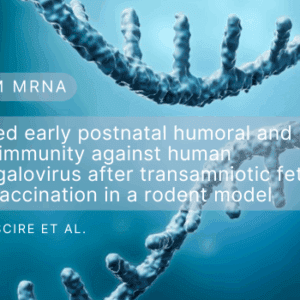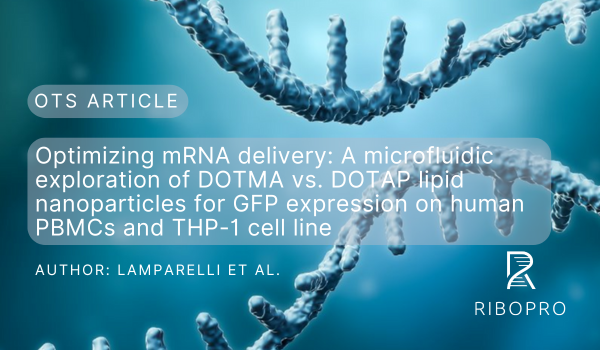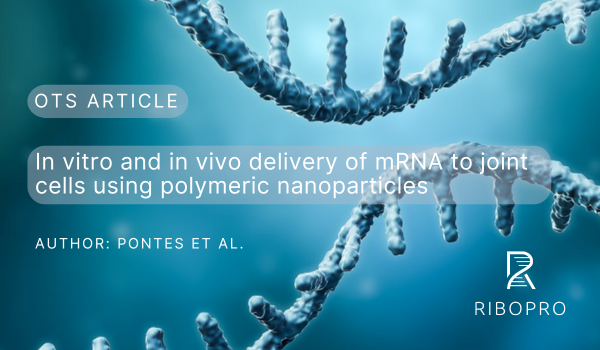Authors
Emily M Scire, Alex L Huang, Thais Boccia, Kamila Moskowitzova, Ina Kycia, Tanya T Dang, Melody Tai, Eva Zacharakis, Ayaka Aihara, Beatriz S Bechara, David Zurakowski, Dario O Fauza
Keywords
Cytomegalovirus, Fetal mRNA immunization, TRANAT;,Transamniotic fetal immunization, Transamniotic mRNA therapy, Transamniotic nucleic acid therapy, mRNA, custom mRNA
DOI
10.1016/j.jpedsurg.2025.162544
Journal: Journal of pediatric surgery
PMID: 40812403
Abstract
Purpose: We sought to examine the humoral and cellular immune responses to transamniotic fetal mRNA vaccination against a human cytomegalovirus (hCMV) antigen over time in early postnatal life in a rodent model.
Methods: Seven pregnant Sprague Dawley dams underwent volume-matched intra-amniotic injections in all their fetuses (n = 82) of a custom-made mRNA encoding for hCMV envelope glycoprotein-B (hCMV-gB) antigen encapsulated by a lipid-polymer composite on gestational day 17 (E17; term = E21-22). At three time points between 1 and 3 months after birth, serum levels of antigen-specific hCMV-gB IgG antibodies were measured by ELISA. In addition, host spleen lymphocytes were incubated with or without challenge with the hCMV-gB antigen, followed by flow cytometry of culture supernatants to assess T-cell response.
Results: Overall neonatal survival was 44 % (36/82), with no significant differences between the groups. Antigen-specific hCMV-gB antibodies were present in the serum at all time points, albeit decreasing significantly from 1 to 3 months postnatally (p = 0.029). Spleen lymphocytes from vaccinated pups showed significantly increased production of IFN-γ, IL-2, TNF-α, GM-CSF, and IL-6 following antigen-specific challenge (p = 0.021 to <0.001 vs. non-challenged cells). Cellular response increased significantly over time (p = 0.043 to <0.001), indicating a maturing Th1 response.
Conclusions: Transamniotic fetal mRNA delivery of a human cytomegalovirus antigen can induce a lasting adaptive cell-mediated immune response, while also exhibiting continued antigen-specific immunoglobulin production extending into the early neonatal period in a healthy rat model. Fetal mRNA vaccination via the minimally invasive transamniotic route may become a practical strategy for the prevention of perinatal infections.



